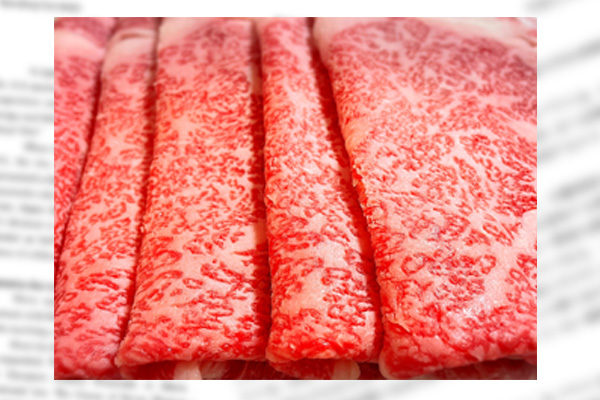I have no words other than “a China-flatterer” to characterize the current No. 2 leader of Japan’s ruling Liberal Democratic Party. LDP Secretary General Hiroshi Moriyama has been desperately trying to resume Japan’s beef exports to China. Moriyama, who serves as chairman of the Japan-China Parliamentary Friendship League, met with Chinese Vice Premier He Lifeng in Osaka on July 11. As vice-premier He told Moriyama of China’s completion of domestic procedures to validate a Japan-China animal health quarantine agreement for resuming Japanese beef exports to China, the Japanese government announced the effectuation of the agreement.
“Progress has been made in resolving the long-pending beef export issue,” Moriyama said in a speech to support a LDP candidate for the House of Councilors election in Osaka. “Japan will export beef [to China] for the first time in 24 years.” Moriyama has been elected as lawmaker from Kagoshima Prefecture, which has a large number of Wagyu cattle and is expanding Wagyu beef exports. Moriyama may seek to leverage his achievement on Japanese beef exports to China to help LDP upper house election candidates secure victory in Kagoshima and other fiercely contested constituencies.
China suspended Japanese beef imports in 2001 due to the outbreak in Japan of bovine spongiform encephalopathy (BSE) known as mad cow disease. Since the Japanese and Chinese governments’ signing of the agreement in 2019 to tighten their cross-border control on animal diseases such as BSE, Beijing had withheld the domestic procedure for the agreement, leaving it pending. It is clear that China’s approval of Japanese beef imports was a move to extend goodwill with expectations toward Japan, right in the middle of its upper house election campaign.
Driving a wedge between Japan and the U.S.
It is also apparent that China is trying to drive a wedge between Japan and the United States. Prior to the decision to resume Japanese beef imports, China in late June announced that it would resume Japanese marine products imports that it has banned since August 2023 following the release of treated water from the decommissioned Fukushima Daiichi Nuclear Power Station.
When U.S. President Donald Trump sent a letter to Japanese Prime Minister Shigeru Ishiba on July 7 to inform him that 25% tariffs would be imposed on imports from Japan from August 1, Ishiba was outraged, saying, “Never underestimate me.” This episode indicates that the current Japan-U.S. relationship is somewhat soured. For China, there is no one more suitable than Moriyama to offer a favor and expect something in return. China may also hope to take advantage of the political power of Moriyama, who holds the No. 2 position in the LDP’s hierarchy after Ishiba and sometimes has more power than the prime minister, to suppress China hawks within the government and LDP.
China’s coercive actions
China has used not only friendly words but also coercive actions. On July 9 and 10, a Chinese JH-7 fighter-bomber made an unusual approach to a YS-11EB electronic-intelligence aircraft of the Japan Air Self-Defense Force. In June, it was confirmed that China was setting up a structure in waters on the Chinese side of the median line between Japan and China in the East China Sea.
Chinese authorities have detained a Japanese employee of Astellas Pharma Inc. since March 2023. The verdict for the detainee is due on July 16, while the charges against him have not been disclosed. Since China's implementation of an anti-espionage law in 2014, 17 Japanese citizens have been seized, including 11 sentenced to prison for their alleged involvement in espionage. There are no reports that Moriyama demanded the release of Japanese detainees or protested China's military actions during his meeting with the vice premier. The U.S. may perceive the Ishiba government as cozying up to China. Japanese voters should take into account the “China issue” when casting their ballots in the upcoming upper house election.
Takashi Arimoto is a Planning Committee member at the Japan Institute for National Fundamentals and a columnist at the Sankei Shimbun newspaper.


